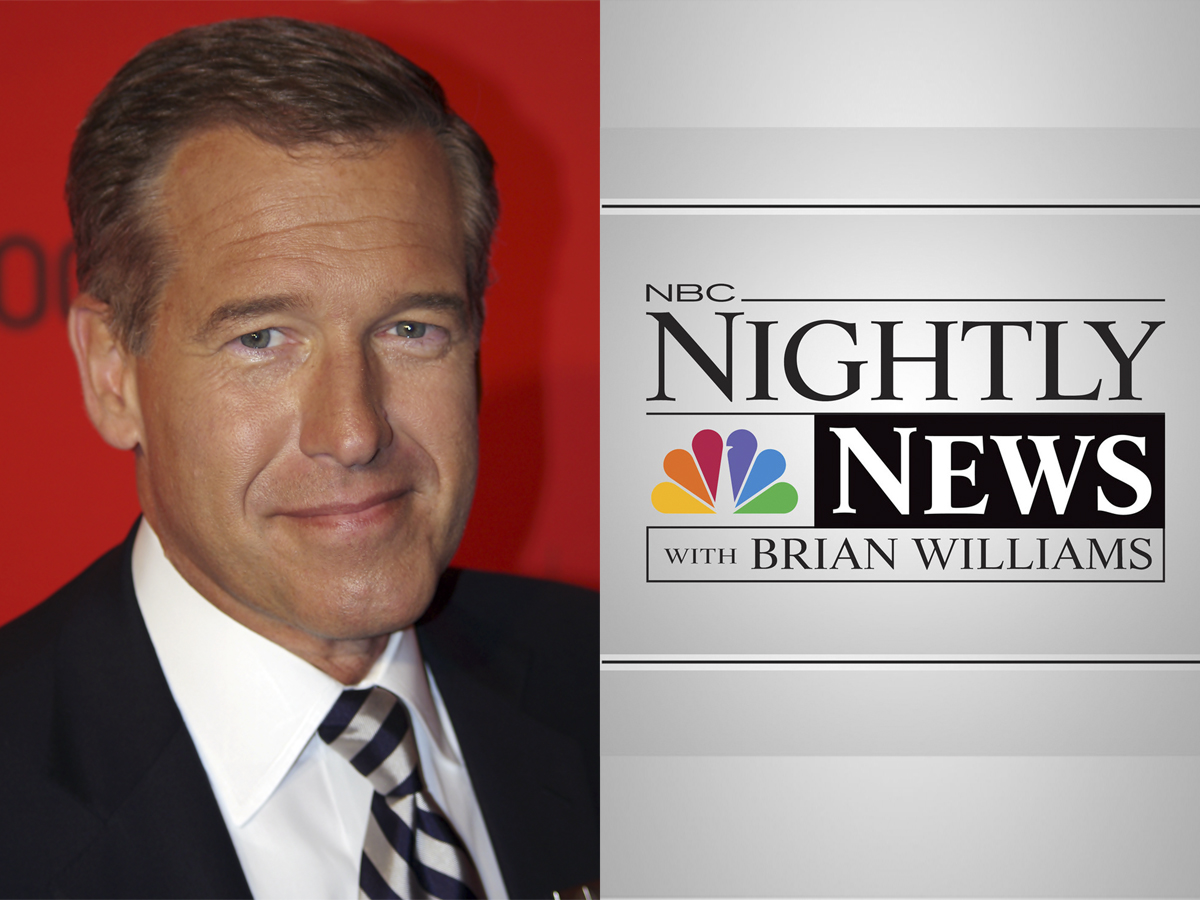
Recently, “Nightly News” anchor Brian Williams announced he would be stepping down from his program for a temporary leave of absence. This comes after revelations that Williams, the 10-year managing editor for NBC, lied about his experience covering the Iraqi conflict in 2003, in which Williams claims that a helicopter he and his crew were on was hit by a rocket-propelled grenade fired by Hezbollah insurgents.
Our mainstream media, quick to capitalize on such a story, asked, “What does this mean for Brian Williams? Will he be able to remake his image? Will NBC find a new host?”
In this circumstance, what is not said tells more than what is.
Take note of the rhetoric propagated on any one of our major media platforms. CNN studies how NBC can deal with Williams. Fox News, eager to diminish the legitimacy of a competitor, asks if NBC has “learned anything” about journalistic embellishment. Twitter sees #BrianWilliamsMisremembers explode.
But instead of prompting a dialogue in America over dishonesty in our media, CNN, MSNBC and Fox News keep the conversation focused squarely on one man. Herein lies the real issue. Our media isn’t simply the representation of public opinion; it is a mechanism to create and maintain public perception. What we forget is that our mainstream news contributors lay the boundaries and terminology of the national conversation.
Following the disappearance of Malaysia Airliner 370 in March, we became desensitized to two words: “Breaking news.” Last year, Russia invaded a sovereign state, Ebola ravaged West Africa, and ISIS further destabilized the Middle East. But, like kids with laser pointers, our main news contributors used those two eye-grabbing, trend-setting words to keep dredging up an interesting but unchanging story in Southeast Asia for the cat-like viewers, while the political and social landscape of the world changed dramatically.
Now, while the mainstream media drags Williams’ reputation through talk shows and op-ed columns, Greece experiences radical political change, ISIS executes an American aid worker and Ukraine fractures in full-blown civil war. If we’re going to have a conversation about journalistic integrity, the conversation we should be having is the influence our news contributors have on public opinion, and their irresponsible management of that influence.
In media, as it is in politics, money is the corrupting influence. Breaking news headlines, overblown stories of heroism in Iraq, and critical analyses of erotic novels sell. News contributors and pundits alike have no incentive to change their tune when they consistently rake in millions of viewers a night. And like politics, the American people act as voters every time they turn on the “Nightly News” or the “Kelly File.”
For our media institutions to change, it is a matter of public demand. Media reform to more closely resemble Walter Cronkite’s honest 19-year residency at CBS’s nighttime news desk will require a change in the attention the public gives to the modern broadcast media. Until we stop casting our viewing votes to keep yellow journalism on the air, we can’t expect our media institutions to fulfill their duty to inform the American people.
Through the protraction of “ConflateGate,” Williams has been made into a scapegoat by media entities in an attempt to claim innocence from the same irresponsible news coverage that they themselves perpetuate.
So whether or not NBC will need to find a new host, the better conversation might be whether or not NBC needs to find a new act. If Williams indeed loses his chair at the “Nightly News” desk, so too should our media enterprise as a whole, for ignoring the real issues in our world, and limiting the public discourse to a vocabulary of only two words.








